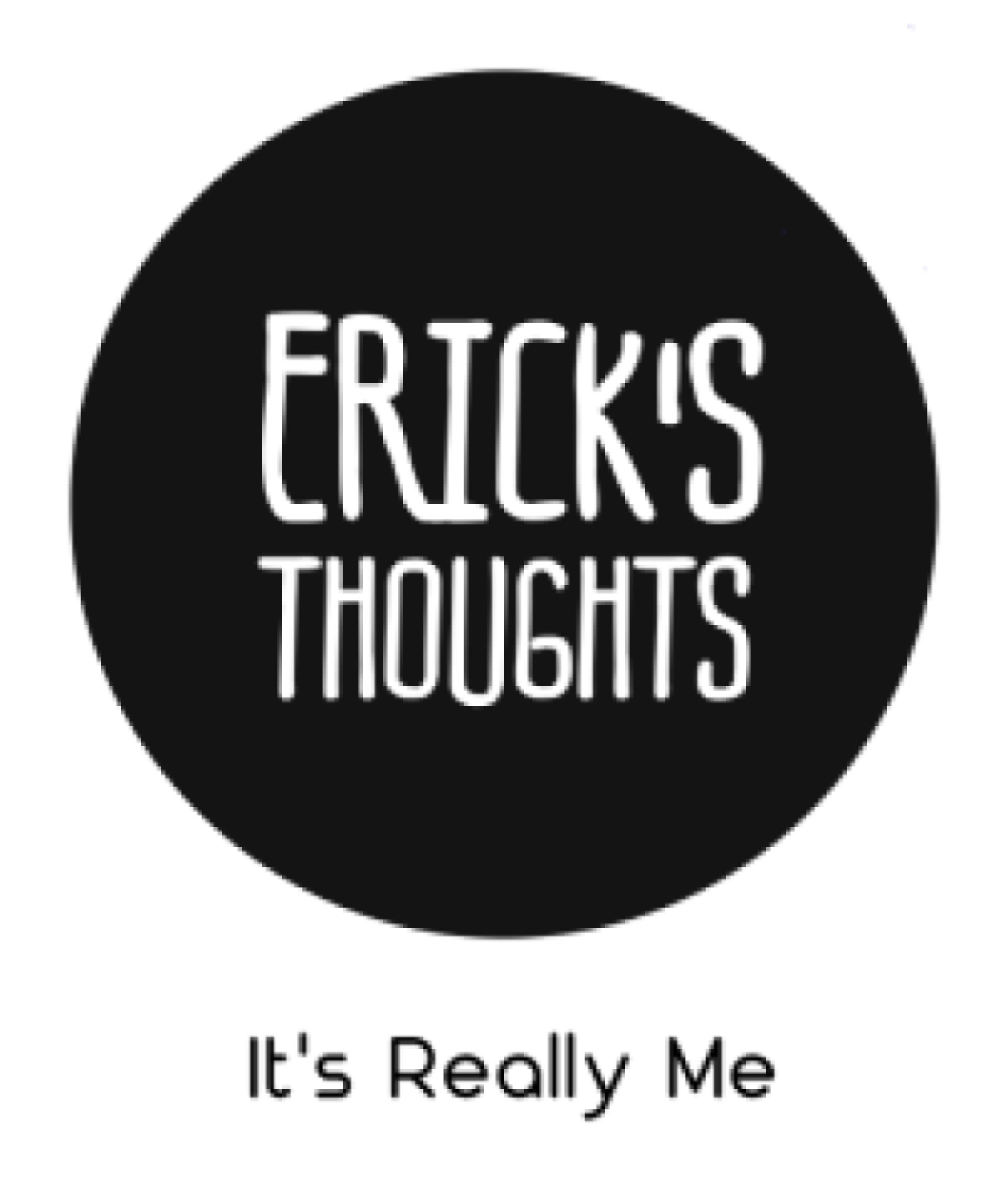Mental health. Yes, it is real. Yes, it matters. Maybe I’m just too young and naive to think better, but it feels like the hype around the words mental health as a social / political correctness charged term is a fairly recent thing that has only accelerated in the last 8-10 years. Before I go on, it’s especially important in this post to include a disclaimer that these thoughts are quite broad and un-fact-checked, I am simply probing around at subtle observations that have caught my attention. I am not saying I am correct. I may be especially prone to error because I grew up in rural Florida, a very socially conservative and traditional crowd. It was not quite that okay where I grew up to be openly gay, claim ‘mental weakness’, or other things like that. So, it should not be surprising at all if I heard a minimal amount about mental health up through graduating high school.
That changed when I started freshman year at Harvard in 2015. The sheer number of new terms I was learning like pronouns (non-grammatical kind) were so new to me I couldn’t help but reply with a couple seconds of blank stare waiting for the situation to throw some context on what the heck was going on. Then an ohhhh, that’s what you mean. Okay got it. I was more curious than anything. I never needed pronouns myself, but let me see if I can understand why other people may need them. It was kind of the same thing with mental health. The way I think, emotions would not often interfere noticeably with my ability to do things. Yes, I certainly have felt nerves and plenty of other negative emotions in my life, and deeply at that – it’s just that my very intense emotional experiences wouldn’t last that long time-wise is all. That’s why when a classmate was sharing that they needed to get treatment for mental health because it was interfering with their classes I was a bit shocked and surprised. Again, I was curious. That’s not what I expected to hear.
A short conversation later and a couple of realizations were pretty obvious: (1) people really do struggle (beyond their level of control) with what is known as mental health, (2) treatment as a broad umbrella term has real therapeutic impact – although not all treatments are legit, and (3) mental health and its realness is one of those things you aren’t allowed to doubt / question around certain people. Anyways, the subtlety for me is that I for sure felt the inner truth about the realness, but the manner in which mental health was discussed and tiptoed around seemed a bit excessive. I get it’s a problem, why is it so special of a problem? Maybe it’s because the ‘general public’ was still not accepting points (1) and (2) above. It’s pretty common to think of comments made by our older generations -> ‘back in our day we just manned up’ or ‘it’s all in your imagination’ which would just trigger a younger person into something along the lines of ‘you just don’t get it’! Comments like those though just reek of saltiness – older generations definitely had all similar kinds of problems, are they just upset that people are now working on them and it’s too late for them to go back and do the same? I don’t know. Perhaps also we do take the easy way out and use mental health as a cop out when we should not and so it’s become a slippery slope. Let’s be honest that as a general rule we humans are not endowed with discipline and self-awareness. Actually, therapy often is cultivating discipline and self-awareness!
Really, I’m not making any conclusions on that front, it’s just interesting the debate and intense disagreement that has come up there. The more interesting part is that it feels like I’m hearing more and more about mental health. More people are talking about it, including celebrities and paid promotions. There are more services than ever offering therapist help, sometimes as commoditized as shopping for toothpaste. There’s more and more guidance shepherding society into these mental health funnels. The idea that it’s a strength to recognize the need for help and celebrate when one takes the next step to accept help. The principle I agree with, the way it is being deployed on society makes me a little cautious, as does anything that is broadly monetized. In business, we’re more prone to say oops I didn’t mean to harm you (after collecting profits of course) than fully have people’s well-being in mind from the start.
This post is called the birth of mental health, but I don’t mean that literally. Based on a bit of Google searching, it seems that mental health as a term was starting to be used in the early to mid 1900s. Which doesn’t really matter, because for sure humans have struggled with mental issues for all of time whether they called it mental health or not or they called any crude solutions therapy or not. The birth I am referring to is the mass proliferation of therapy as the way to alleviate people’s problems with mental health. My view: there has been a marked increase in mental health, therapy, and psychiatry because there has been a decrease in religion and general erosion of social communities (spurred by an increase in science). There is not more problem than before, there is less solution than before. More accurately, we don’t believe in the old solutions anymore. The world has changed, we have changed. Figuring out how to cope with negative emotions and reach closure to progress as individuals – we’ve always needed to do that and we will always continue to need to do that.
What do I mean by a decrease in religion? When it comes to rational vs. irrational, science vs. mysticism, etc (all really the same dichotomy at the end of the day) – our modern civilizations have steadily trended towards the concrete, the rational, the scientific to explain what goes on in the world. So when we face these human mental health issues, we’re less prone to seek help in the areas one would have generations ago -> religion or other forms of social communities. Which is not to say I am advocating a return to religion, I am not. I’m just saying that our general shift created a vacuum which our commercialized version of therapy has gladly started to fill in. Add to this all the discoveries and progress of neuroscience, psychology, and psychiatry (led by science), surely we feel better and better armed, finally out of the dark with what will be a real weapon against mental disease. Maybe. Could there be an element of illusion going on? Maybe.
Recently, a couple of thoughts have been on my mind (1) the human mind is evolving just as much as the body, which is why I think we are unable to find ‘answers’ in philosophy or how to live because we are always changing, we are at best arriving at descriptions that capture the general sentiment of the mind at that current point in its collective evolution (we can’t capture how we think, because as we evolve, we think differently) and (2) based on how we learn, once we learn something we are unable to view our old knowledge the same way or continue to believe in things that we logically see to be false in light of the new learning -> meaning there is an element of being unable to ‘unsee’ that which has been seen. Science is us seeing, and now we can’t unsee it, we can’t go back to the less rational forms of thinking such as religion. Going back to religion would imply reversing the evolution of the mind. I think what this points to is our collective mind / rationality has made an additional step in its evolution and may be in need of a new tool to aid with mental problems. Is psychiatry / therapy the new tool? Maybe not. Therapy as I understand it today is largely based on the individual, and while it has proven to be of use, perhaps the real solution we need requires a more communal approach that integrates our social aspect better. A follow on prediction – I think all religions will disappear eventually. The essence of what was in religion that helped humans will not be thrown away, but it will be reformulated and repackaged into something palatable for the scientific mind that moves us back in the direction of feeling for lack of a better word.
That was a lot, and I probably didn’t give adequate background. This post (like most others) came out of elaborating on a short thought. The thought: there’s been an increase in mental health because of a decrease in religion. The thought itself is raw. The use of because isn’t very good / informative. The because, and the why did I think that in the first place, came as a reaction from a paragraph in Jung’s Man and His Symbols which in turn was comparing that text vs. 4-6 other books I’ve read this year that I can consciously connect dots to (and probably subconsciously vs. the rest of my knowledge). What I’m trying to say is I wish I could express it all better, but for now this is as good as I am able to with the time I spend doing this. Plus, I’m very much a novice myself, but in any case I feel there is much more to come, and hopefully one day I will be able to do this properly!



